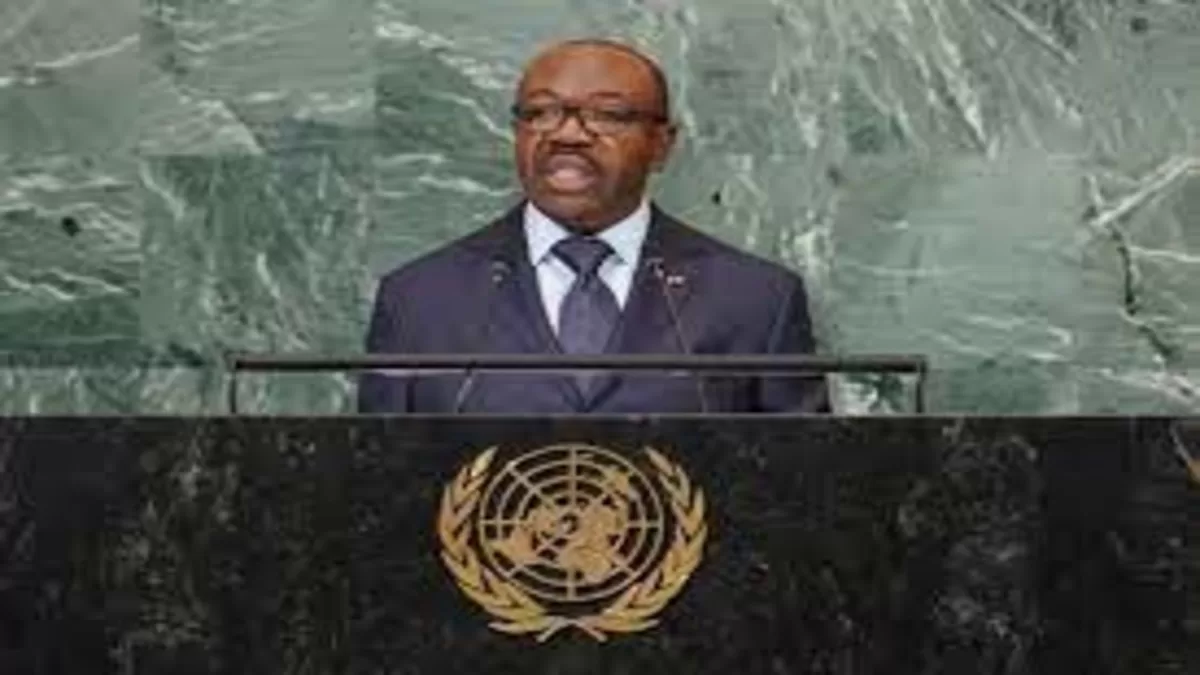Gabon’s wealthy, dynastic leader thought he could resist Africa’s trend of coups. He might be wrong
Mutinous soldiers in Gabon have named their republican guard chief, Gen. Brice Clotaire Oligui Nguema, as the country’s leader, placing President Ali Bongo Ondimba under house arrest. The soldiers allege massive embezzlement and betrayal during Bongo’s long-term rule over the oil-rich nation. Oligui, a cousin of Bongo, has been designated as president of a transitional committee. The move follows Bongo’s re-election after 55 years of his and his father’s rule.
The coup leaders declared a curfew from 6 p.m. to 6 a.m. but allowed daytime movement. The coup has drawn support from citizens dissatisfied with the Bongo dynasty’s alleged exploitation of national resources while many struggle. The new leader, Oligui, was previously the bodyguard of Bongo’s late father and head of the republican guard. Gabon, an OPEC member, faces economic disparities, with significant oil wealth controlled by few, while unemployment remains high.
This coup joins a series of recent coups in West and Central Africa, possibly influenced by previous instances of coup impunity. The situation highlights internal divisions among the ruling elite and raises concerns about the country’s stability and democratic transition. The international community, including U.N. Secretary-General Antonio Guterres, has condemned the coup and called for the safety of Bongo and his family.
#GabonCoup #PoliticalShift #LeadershipChange #OilRichNation #DemocraticTransition
